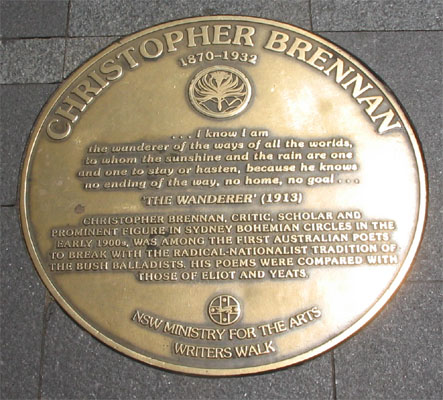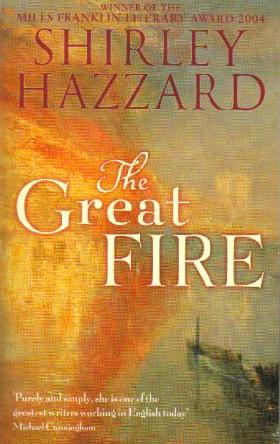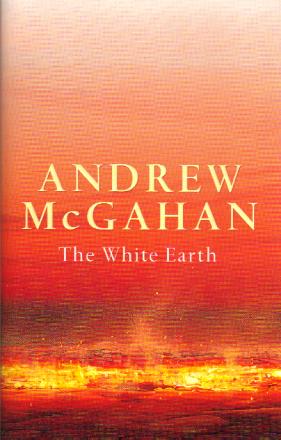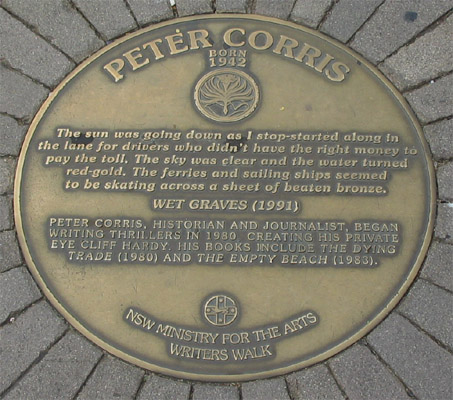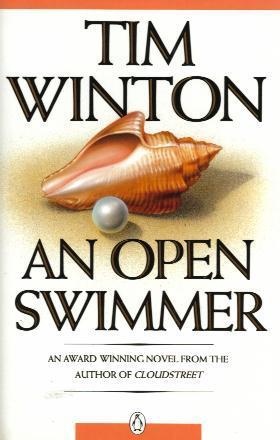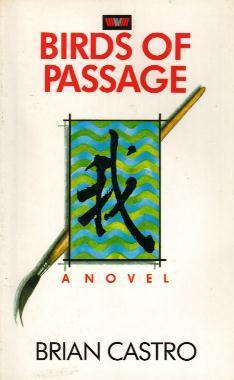The shortlisted works for the 2007 Children's Book Council of Australia - Book of the Year Awards have been announced.
Book of the Year: Older Readers
Bauer, Michael Gerard Don't Call Me Ishmael! Omnibus, Scholastic
Clarke, Judith One Whole and Perfect Day Allen & Unwin
Cornish, D. M. Monster Blood Tattoo: Book One Foundling Omnibus, Scholastic
Dubosarsky, Ursula The Red Shoe Allen & Unwin
Lanagan, Margo Red Spikes Allen & Unwin
Shanahan, Lisa My Big Birkett Allen & Unwin
Book of the Year: Younger Readers
Bateson, Catherine Being Bee University of Queensland Press
Flynn, Pat Illus: Jellett, Tom The Tuckshop Kid University of Queensland Press
French, Jackie Macbeth and Son A&R, HarperCollins
Griffiths, Andy Illus: Denton, Terry The Cat on the Mat is Flat Pan Macmillan
Laguna, Sofie Bird & Sugar Boy Penguin Books
Millard, Glenda Illus: King, Stephen Michael Layla, Queen of Hearts ABC Books
Book of the Year: Early Childhood
Allen, Pamela Grandpa and Thomas and the Green Umbrella Penguin/Viking
Costain, Meredith Illus: Allen, Pamela Doodledum Dancing Penguin/Viking
Fox, Lee Illus:Wilcox, Cathy Ella Kazoo Will Not Brush Her Hair Lothian Books
Gleeson, Libby Illus: Blackwoood, Freya Amy & Louis Scholastic Press
Lee, Lyn Illus: Gamble, Kim Eight Omnibus, Scholastic
Wild, Margaret Illus: Niland, Deborah Chatterbox Penguin/Viking
Picture Book of the Year
McKimmie, Chris Brian Banana Duck Sunshine Yellow Allen & Unwin
Oliver, Narelle Home Omnibus, Scholastic
Ormerod, Jan Water Witcher Little Hare Books
Rippin, Sally Text: Metzenthen, David The Rainbirds Lothian Books
Spudvilas, Anne Text Wild, Margaret Woolvs in the Sitee Penguin/Viking
Tan, Shaun The Arrival Lothian Books
Eve Pownall Award for Information Books
Davidson, Leon Red Haze: Australians & New Zealanders in Vietnam Black Dog Books
Fenton, Corinne Illus: Gouldthorpe, Peter Queenie: One Elephant's Story Black Dog Books
Hocknull, Scott and Cook, Alex Amazing Facts about Australian Dinosaurs Steve Parish Publishing
Hoopmann, Kathy All Cats have Asperger Syndrome Jessica Kingsley Publishers
Norman, Mark The Penguin Book: Birds in Suits Black Dog Books
Tonkin, Rachel Leaf Litter A&R, HarperCollins
The Book of the Year winners will be announced during Children's Book Week celebrations running from 18th - 24th August 2007.
